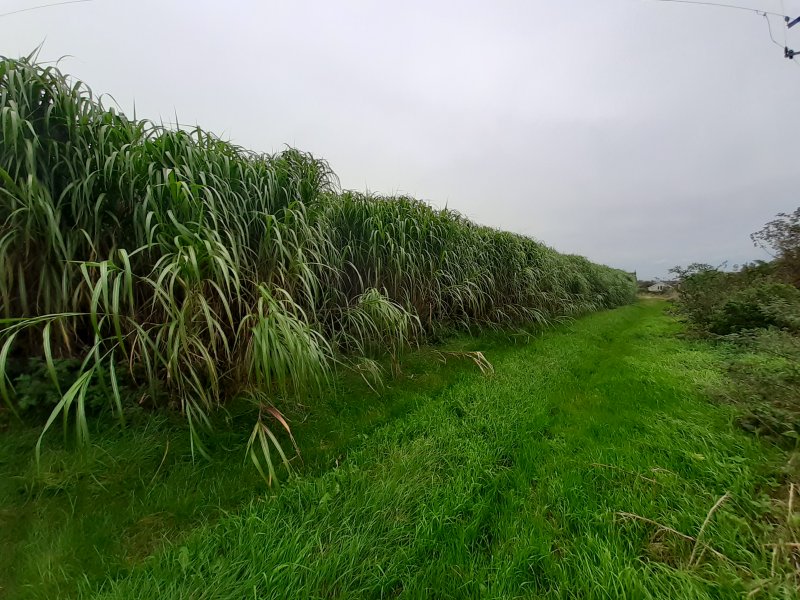
Cheshire farmers are set to grow biomass crops in groundwater safeguard zones as part of a trial looking to reducing nitrates leaching into groundwater.
United Utilities is partnering with farmers to grow a hybrid variety of miscanthus, and is currently running the trial on 10ha of catchment land.
Grants will also be offered to any eligible farmer who is interested in growing miscanthus.
United Utilities is funding 70% of the start-up costs, including purchase and planting, and will be monitoring the impact of the crop on nitrate leaching with porous pots.
Nitrogen can leach into groundwater when it rains and adversely affect the raw water quality in the underground aquifers.
The Environment Agency has designated ten drinking water safeguard zones in and around Cheshire.
These zones are drinking water catchments where water quality in rivers, boreholes or groundwater is deteriorating and is becoming harder to treat, due to human activities on the land.
Safeguard zones can be used to target measures, advice and incentive schemes for farmers and landowners to help improve water quality.
United Utilities catchment advisor, Veronika Moore explained that miscanthus did not require fertiliser during its lifetime.
"It retains a large proportion of the nutrients in the rhizomes rather than in the biomass. Therefore nitrogen and nutrient requirements are very low,” she said.
The market for biomass crops - crops which are grown specifically to be harvested and burnt in power stations, combined heat and power (CHP) units or heating systems - is increasing.
This is in response to a number of power and heat projects being developed across the UK which use biomass, including miscanthus.
Miscanthus species are woody, perennial, rhizomatous grasses, originating from Asia, which have the potential to give high yields - 14 oven dry tonnes per hectare per year - under UK conditions.
